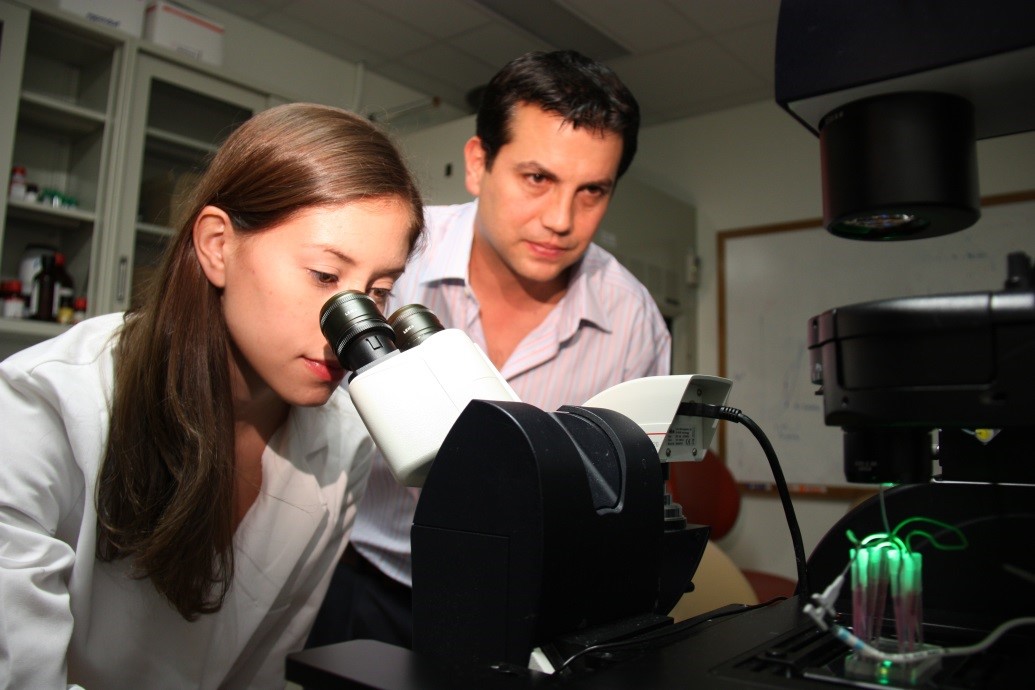National Science Foundation graduate research fellow joins Doctoral Scholars Program

Elisa Wasson, a 2013 National Science Foundation Graduate Research Fellow, has been accepted into the Institute for Critical Technology and Applied Science Doctoral Scholars Program.
She was nominated by Rafael Davalos, an associate professor at the Virginia Tech-Wake Forest University School of Biomedical Engineering and Sciences.
Wasson had her pick of graduate programs after being named an National Science Foundation graduate research Fellow. Ultimately, she said she chose Virginia Tech because of its exceptional research, outstanding facilities, and excellent support programs, such as the Doctoral Scholars Program.
The Doctoral Scholars Program is a cooperative effort coordinated by the institute with participation from departments, colleges, and the graduate school. It is aimed at enhancing the university’s intellectual talent, creativity, and productivity.
Wasson's goal to do research was heightened after she was one eight from a pool of more than 100 applicants selected to participate in a 10-week Biology on a Chip Internship Program at the University of California at Berkeley in 2012. She went on to apply to the National Science Foundation Graduate Research Fellowship Program.
When it came time to select a graduate program, Wasson says she knew she wanted to work on real-world applications to solve problems, such as developing new treatments for chronic diseases. Wasson was attracted to Davalos’ laboratory because of his research in microfluidics, which deal with the behavior, precise control, and manipulation of fluids. She is creating methods to detect and treat cancer, with a focus on culturing brain cancer on a chip to test various treatments.
Since 1952, the National Science Foundation Graduate Research Fellowship Program has recognized and supported future leaders in the science, technology, engineering and mathematics fields with the goal of providing fellowships to increase the nation’s expertise in science and engineering. The ranks of the National Science Foundation graduate research fellows have grown to include 40 Nobel laureates and 450 members of the National Academy of Sciences.




